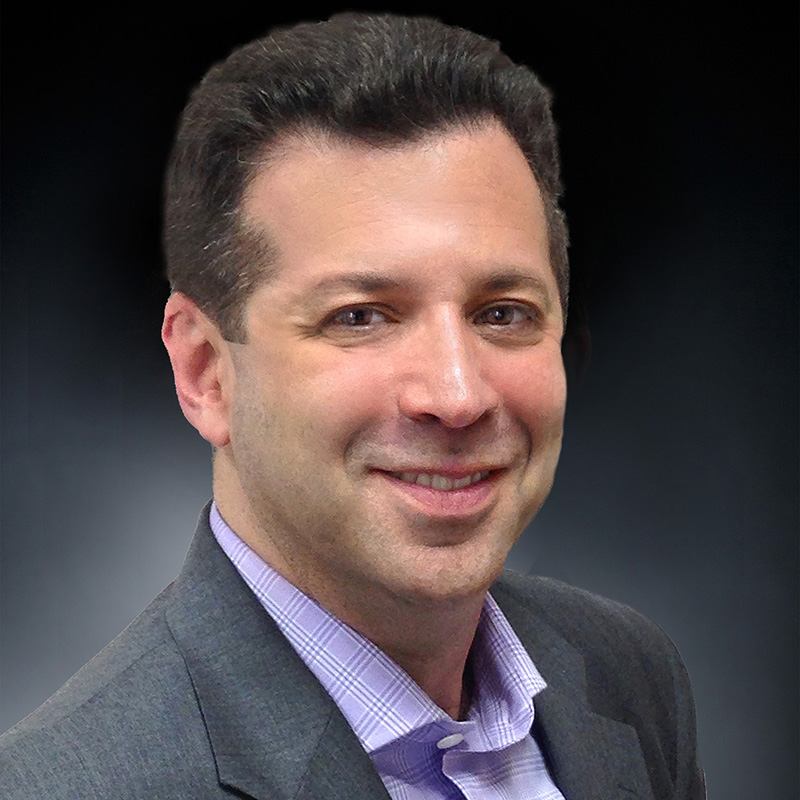What was the best advice you ever received and how did it shape the way you manage?
Answer: I had an “a-ha moment” when Evelyn Roth, one of my earliest mentors, said to me “don’t bleed before you’re cut” as I was playing out every crisis response to a scenario that was possible but had not yet happened. Suffice to say, I spent a lot of time worrying about and planning for something that ultimately never happened. This advice has remained with me for more than 20 years and reminds me to stay in the moment even when faced with challenges, and many have heard me repeat this advice over the years.
Do you see yourself as a strategic or operational leader and why?
Answer: I think of myself as a staterational leader because I tend to keep a foot on both sides of the line. I try to make sure to recognize when the organization needs me to shift from strategic to operational thinking (or vice versa) so we’re better positioned to achieve performance objectives rather than being in the wrong mindset at the wrong time and getting in the way of my staff and progress.
What was the best business book you have read?
Answer: Our Iceberg Is Melting, by John Kotter, is a spectacular fable that illustrates Kotter’s theory of change management and leadership. In 30 minutes, you’ll understand a semester’s worth of information from this Harvard Business School professor.
Tell us something most people don’t know about you.
Answer: A Humpback whale sneezed on me. It was disgusting and exhilarating at the same time.
Do current events influence how your company conducts business?
Answer: As the leader of a non-profit organization, it is important to consider current events, demographic trends and impacts of changes to governmental and philanthropic sectors. Since non-profit organizations are first focused on mission rather than profit, we must always be aware of community needs and be able to bring new cost effective, innovative and efficient ideas that bring value and fill gaps in services.
In terms of style, describe the way you manage.
Answer: I would consider my style to be calm, firm and fair. I aspire to be the perfect combination of Jed Bartlet and Michael Corleone.
Significant change in a company can be problematic. How would you handle such change in your company?
Answer: The effects of change can certainly be problematic for an organization however it is also important to recognize that change often becomes necessary over time to maintain relevance and continue to bring value to your community, customers or other stakeholders. Sometimes change can be incremental or comprehensive and transformative. At SYJCC, we are in the process of transforming our entire organization and while this has sometimes been disruptive, we are experiencing a new level of excitement. I don’t think change can be handled but I do think it can be managed and encouraged by defining and setting a course for the future state of the organization, honoring the past, and counseling stakeholders through the daily process. A good sense of humor helps.
What advice would you give to an aspiring leader of tomorrow?
Answer: You may just need to get accustomed to that feeling of low-level nausea.
Words to live by?
Answer: From my father who passed down this line from Davy Crockett – “Be sure you’re right then go ahead”.
What does retirement mean for you?
Answer: I’m probably dead.
About Rob Greenberger

